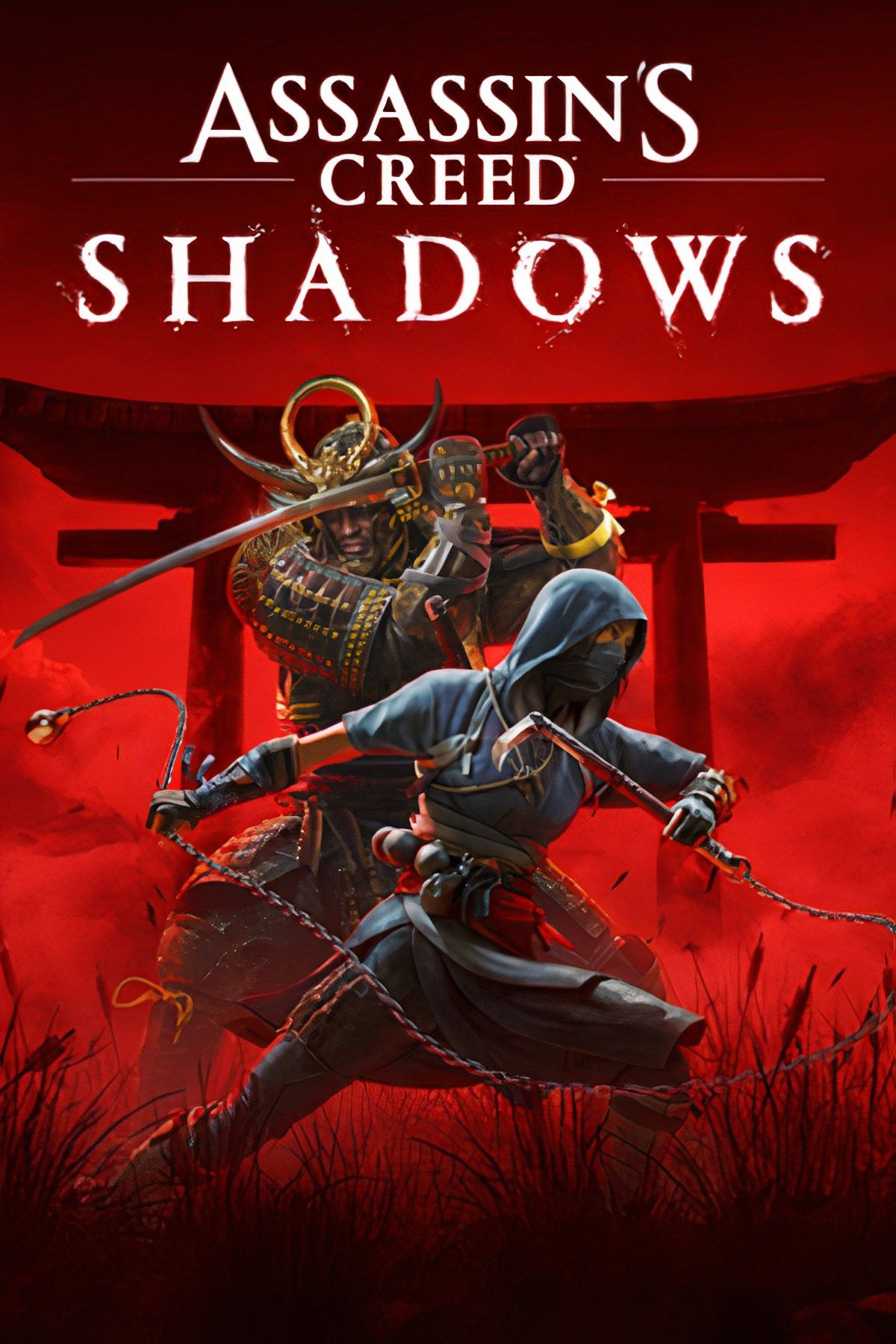Japan’s Sengoku period was filled with memorable figures who shaped history and made their mark on the country during a time of great change. Among these historical luminaries, few stand as tall as Oda Nobunaga, the warlord who fought to unify Japan before being betrayed by one he trusted, and Hattori Hanzo, the genius general and tactician. Assassin’s Creed Shadows, which is set in Feudal Japan, will feature interpretations of both of these characters. The Assassin’s Creed Shadows team’s goal was to present nuanced portrayals of Nobunaga and Hanzo that honor their status as powerful samurai but also explore their deeper motivations and beliefs.
Game Rant spoke to Assassin’s Creed Shadows’ creative director Jonathan Dumont about the challenges of re-interpreting Oda Nobunaga and Hattori Hanzo, as well as the team’s desire to feature them as well-rounded characters who are more than just fighters. Both Nobunaga and Hanzo have been featured many times in popular culture, appearing in anime, video games, TV shows, film, and even live theater, and the AC Shadows development team wanted to ensure that their portrayals of the characters were unique while also being faithful to both individuals’ key roles in history.

Related
Assassin’s Creed Shadows Shows Off Weapon Customization
Ubisoft shares a new look into Assassin’s Creed Shadows’ weapon customization settings, showcasing a new katana in the process.
Oda Nobunaga and Hattori Hanzo: Key Figures in Japanese History
Oda Nobunaga was a daimyo and leader of the Oda Clan, as well as a samurai. He desired to unify Japan and fought other clans and their leaders with this goal in mind. Because of his efforts, he is considered the first of Japan’s “Great Unifiers.” Ultimately, Nobunaga was betrayed by his retainer Akechi Mitsuhide during the Honnoji Incident and died shortly after. However, his influence continued to be felt as his successors, Toyotomi Hideyoshi and Tokugawa Ieyasu, continued his reunification efforts.
Hattori Hanzo was a samurai and an ally of the Tokugawa clan. He was known as one of the “16 Divine Generals” of the Sengoku period. His life is less documented than that of Nobunaga, but it is known that he fought in many battles, commanded armies, and saved Tokugawa Ieyasu’s life at least once. In addition to being a samurai, he also worked as a shinobi; his actions in battle earned him the nickname “Demon Hanzo.”
Assassin’s Creed Shadows Wants to Show Multiple Sides of Nobunaga and Hanzo
Nobunaga’s role in Assassin’s Creed Shadows is particularly fascinating. Yasuke serves and respects Nobunaga greatly, while Naoe has a more complicated relationship with Nobunaga due to his conquest of Iga, her home province. AC Shadows devs used these differing perspectives to “depict the complexity and nuances of his personality and actions.” Specifically, Dumont described the game’s approach to Nobunaga:
“Seeing, on one side, the brutality of his conquest through the eyes of Naoe during the invasion of Iga was important to see the effects of war and his effectiveness as a military leader. On the other side, players see more of a private side of his personality through Yasuke’s perspective, as someone who was an outside-the-box thinker, promoted meritocracy, patronized the arts, and valued relationships.”
For Hanzo, the team was able to take more liberties because there is “less documentation” and “a little bit more mystery around his actions.” Dumont explained that they began by “grounding Hanzo’s story in historical events” before moving on to “developing his character in fiction.” What role Hanzo will play in the game, and whether he will serve as an antagonist or ally to Yasuke and Naoe has not been revealed. However, Dumont believes that players will enjoy the legendary samurai’s appearance in Shadows’ story. Assassin’s Creed Shadows will blend fact and fiction to entwine the journeys of Yasuke and Naoe with Nobunaga, Hanzo, and other figures crucial to Japanese history.

- Released
-
March 20, 2025
- ESRB
-
Mature 17+ // Blood and Gore, Intense Violence, Language











Leave a Reply